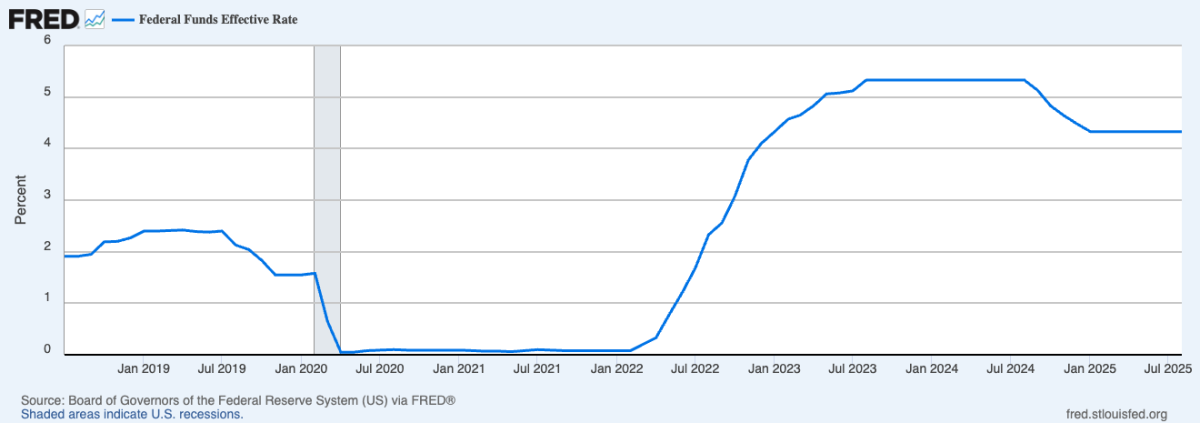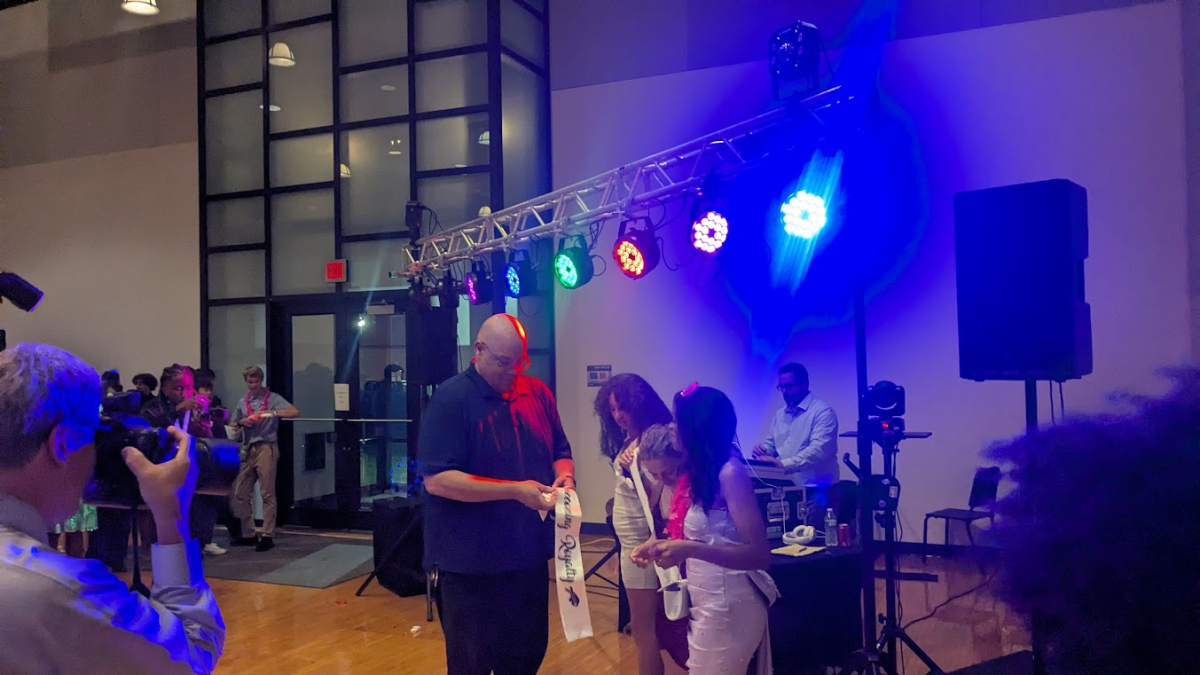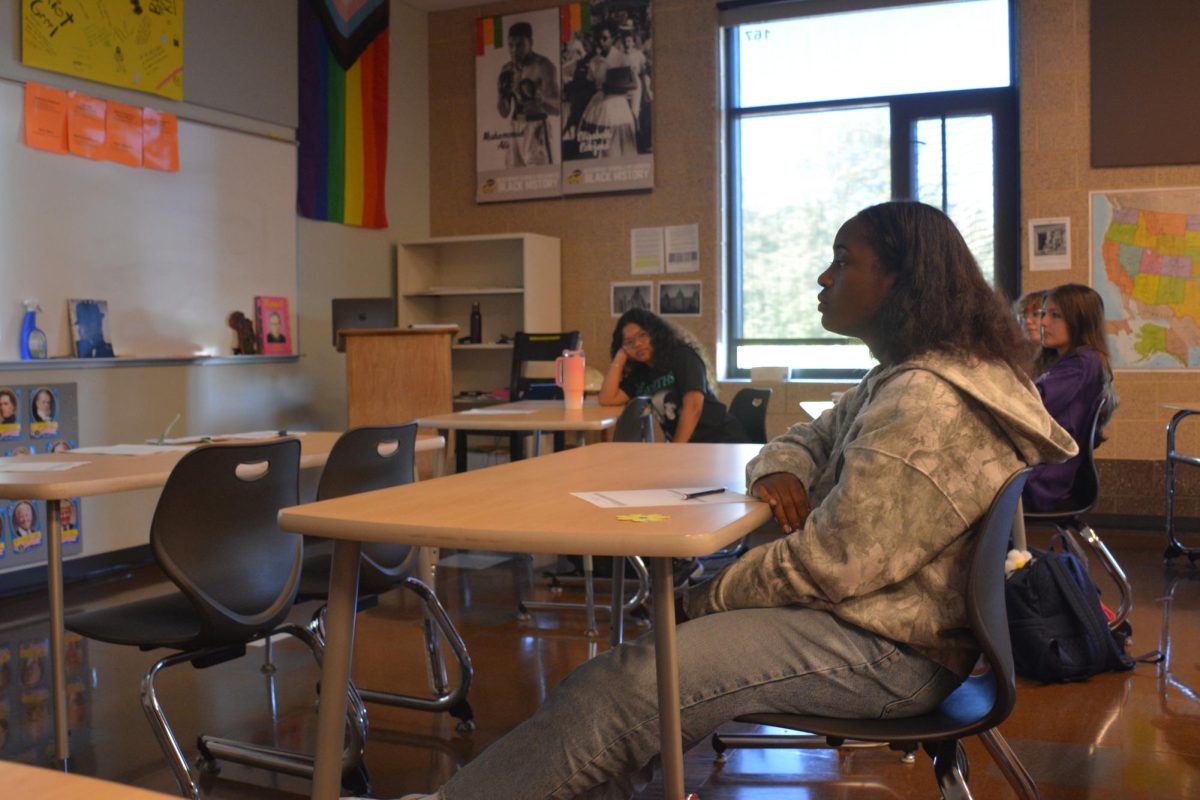Governor Mike DeWine signed the Advance Ohio Higher Education Act on March 28.
The bill, otherwise known as Senate Bill 1 (SB1), aims to reform higher education at Ohio public colleges and universities by prohibiting faculty strikes, restraining ‘controversial’ topics from being discussed in the classroom, requiring institutions to re-evaluate tenured faculty members who are not meeting performance standards, ending programs that average fewer than five degrees over a three-year period, prioritizing civics and capitalism education, enforcing foreign influence restrictions and eliminating DEI initiatives.
This legislation makes us fearful for the future of higher education in Ohio. The bill’s attempt to reform higher education comes at the cost of academic freedom and is likely to result in a more restrictive college environment.
We worry about the bill’s impact on Ohio college educators.
The bill’s aim to prohibit ‘controversial’ topics of discussion in the classroom–without specifying what ‘controversial’ topics are–will render Ohio professors less likely to encourage diversity of thought in their classrooms. Furthermore, the bill’s limitation on discussions regarding ‘controversial’ topics in classrooms is a violation of the First Amendment, which protects freedom of speech in academia.
Additionally, the bill’s limitations on classroom discussion will limit academic freedom as professors become scared of losing their jobs. Since academic freedom is critical to progress in all fields, SB 1’s limitations on academic freedom are ultimately detrimental to the future of the very scientific and technological advances that have made the United States such a powerful country.
The fear this bill fosters is amplified by its clauses that decrease job security for those working in academia. By forbidding faculty strikes and requiring institutions to re-evaluate tenured faculty members, college educators will be less inclined to challenge any future political issues.
We also worry about the bill’s impact on Ohio college students.
SB 1’s implementation has led many high school students to strongly consider attending college outside of Ohio out of fear for the future of Ohio higher education. The bill has led at least one college student to transfer out of the state, according to Ohio Capital Journal.
College students not taught to value diversity of thought and identity are likely to fall behind in our increasingly interconnected and global society by preventing their ability to develop cognitive diversity. Without exposure to diverse perspectives, students may develop narrow worldviews that limit their abilities to collaborate effectively and adapt to an evolving global landscape.
Furthermore, the termination of DEI programs and scholarships will create a less diverse student body, making it less likely for minority students to feel supported and connected to their institutions, and therefore, less likely to attend college.
Additionally, SB 1’s clause ending programs that average fewer than five degrees over a three-year period will discourage students from pursuing higher education in fields they’re passionate about due to a lack of available programs.
We also worry about the bill’s impact on the finances of Ohio public colleges and universities.
By making civics and capitalism courses mandatory for universities to implement, Ohio public colleges and universities will have to hire new instructors, possibly requiring them to cut other academic programs.
Although we are worried about the future of higher education in Ohio, we are optimistic that community initiatives will ensure that current setbacks and restrictions are short-lived.
Ohio professors and students are currently working to issue a citizen’s veto against the bill. To do so, they must collect 1000+ signatures of registered Ohio voters to get a referendum on the Nov. 4 ballot.
Once the signatures have been collected and submitted to the Ohio Secretary of State and the Ohio Attorney General, the summary used in the petition will be verified as an accurate reflection of SB 1. Then, the process for collecting signatures on the actual referendum petition will begin.
The signature collection process must be completed around June 25, and once the petition signatures have been cleared and verified, the Ballot Board will determine the language that will appear on the ballot by Aug. 21. The law will then be put up to voters on Nov. 4.
We encourage all eligible voters to sign and donate to the Ohio referendum petition countering SB 1 to ensure the future of academia is protected and that diversity continues to be valued in higher education.













